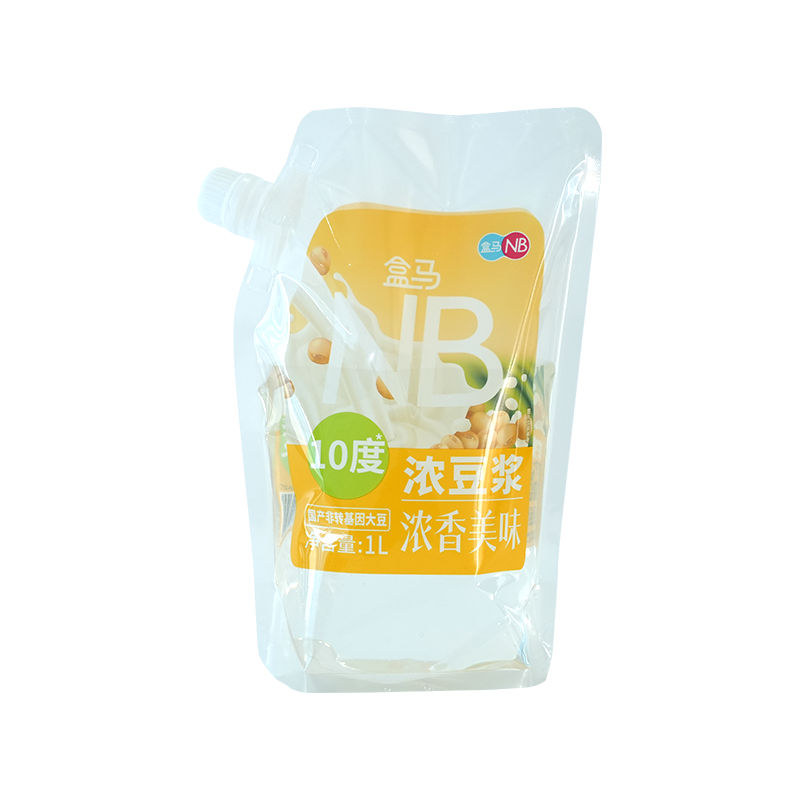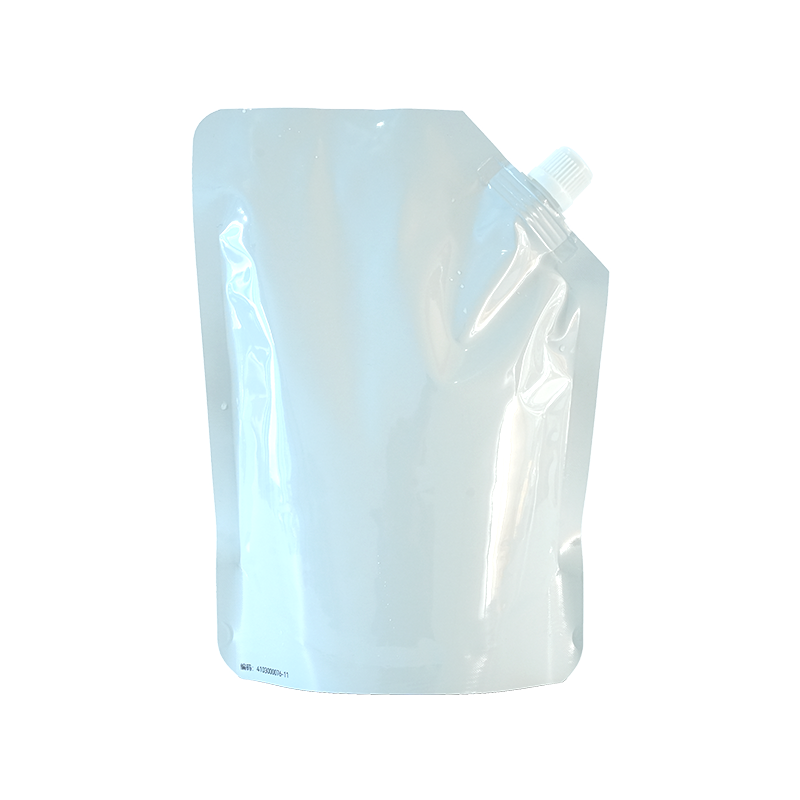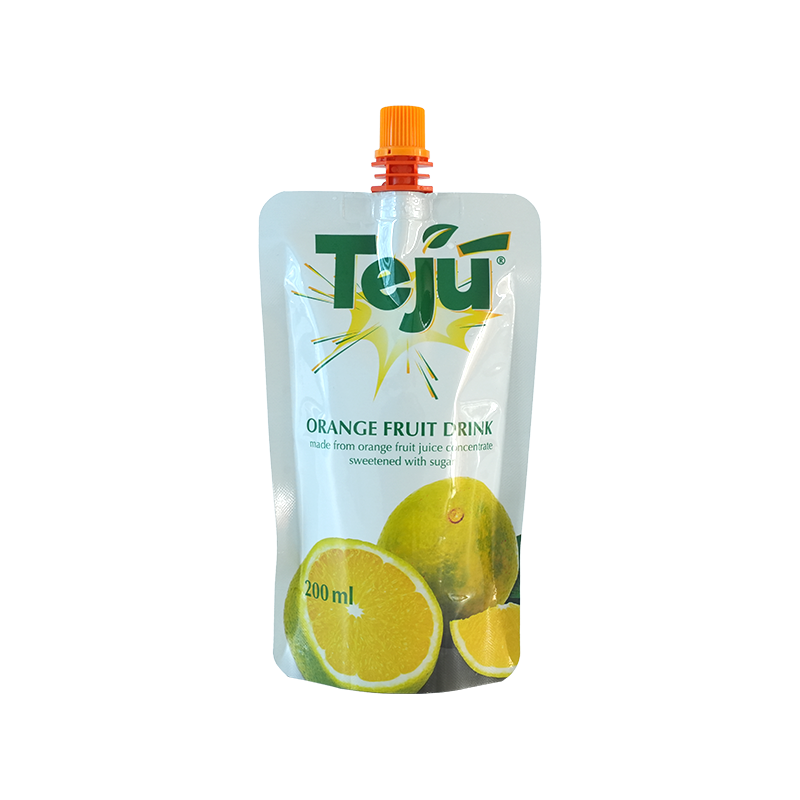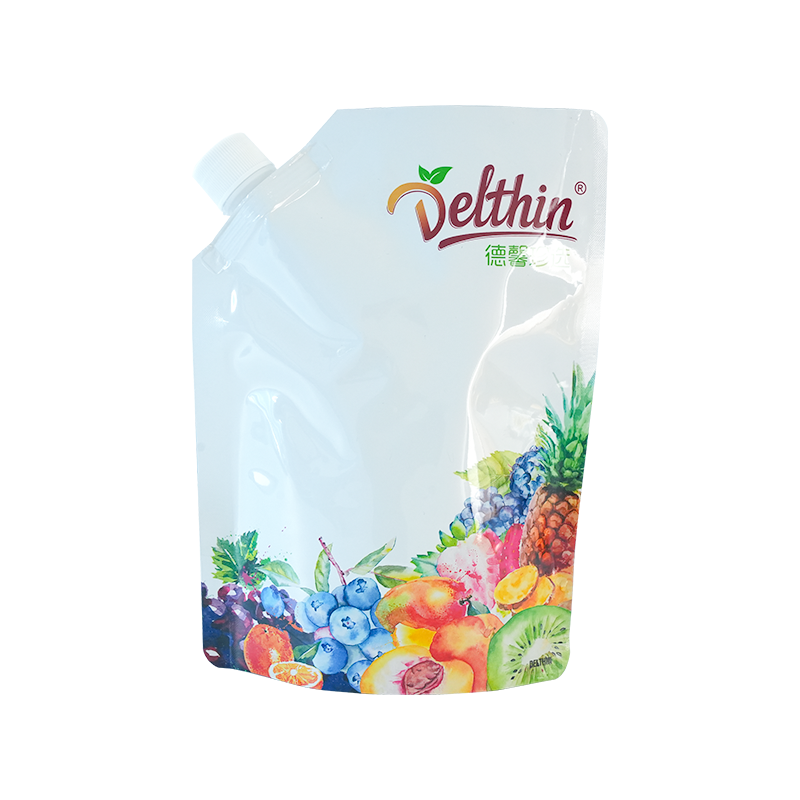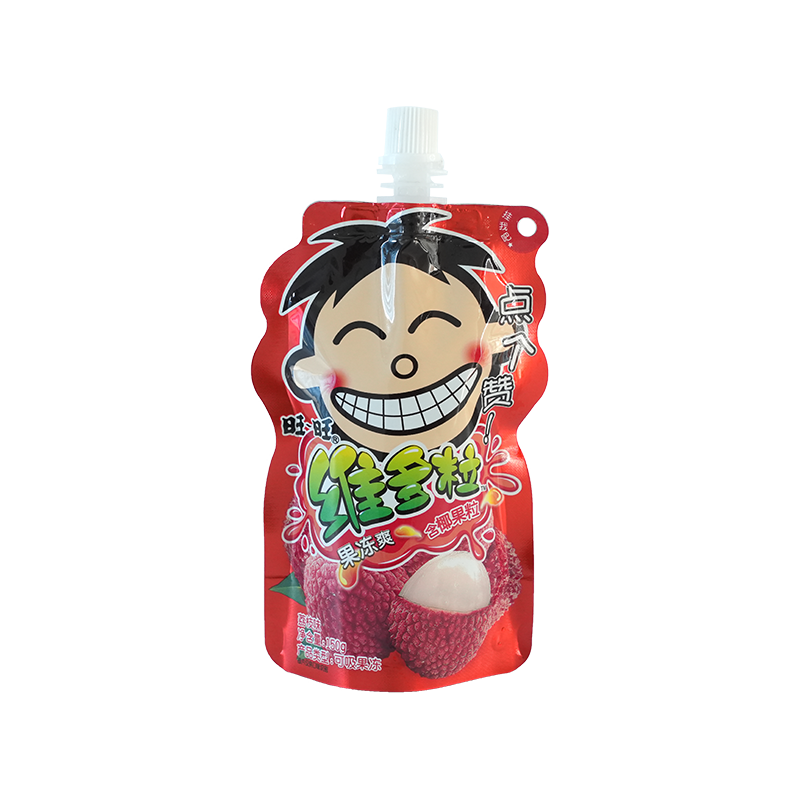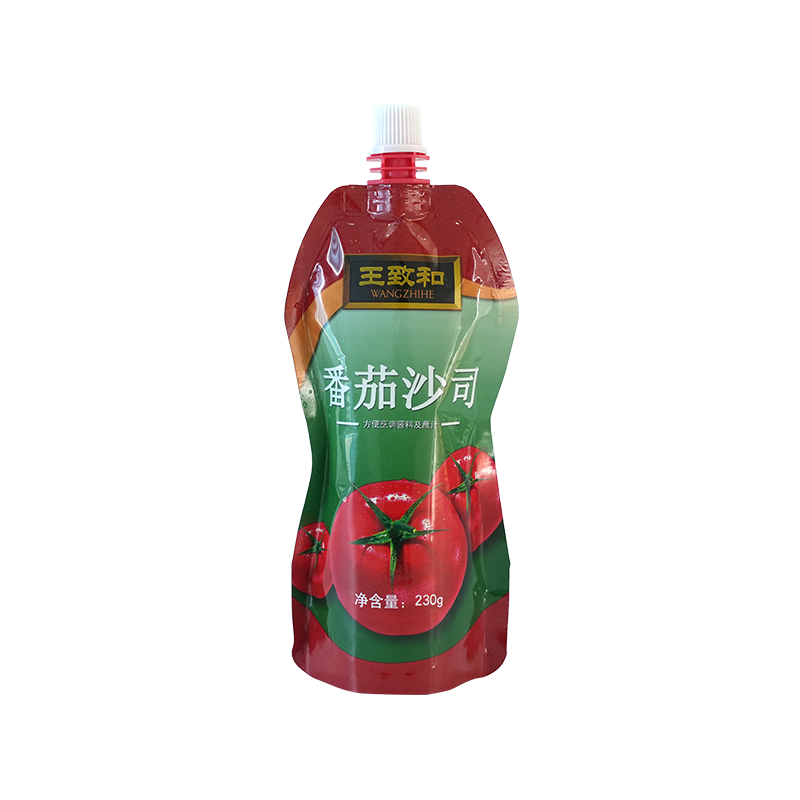In the field of modern packaging, plastic stand-up bags have become an important carrier for ensuring food quality and promoting environmental protection due to their barrier properties. The realization of this performance is due to its special material composition and structural design, which builds a barrier against oxygen and water vapor at the molecular level.
Plastic stand-up pouches usually adopt a multi-layer composite structure, and core materials such as polyethylene (PE), polypropylene (PP), polyethylene terephthalate (PET), etc., each of which has its own unique barrier advantages. PE has good flexibility and water vapor barrier ability, PP has high rigidity and chemical stability, and PET has barrier effect on oxygen. Through special co-extrusion or composite processes, these materials are closely combined to form a packaging body with multiple barrier functions. At the molecular level, the close arrangement and interaction of the materials greatly limit the penetration path of oxygen and water vapor molecules, just like putting on a layer of tight protective armor for food.
For foods that are susceptible to moisture and oxidation, the barrier properties of plastic stand-up pouches play a vital role. Take potato chips as an example. Their crisp taste comes from their extremely low water content. Once exposed to the air, water vapor can easily penetrate, causing the chips to become soft and lose their taste. Plastic self-supporting bags, with their strong water vapor barrier ability, isolate the external humid air from the outside and maintain the dry environment inside the potato chips, so that consumers can always enjoy the crisp taste before opening. Nuts are rich in oil and are prone to oxidation and rancidity under the action of oxygen, producing a rancid smell, which not only affects the flavor but also may reduce the nutritional value. The high oxygen barrier property of plastic self-supporting bags can effectively delay the oxidation process of nuts and maintain their original aroma and nutrients. Preserved fruits contain high sugar content and are also prone to moisture absorption and deterioration. The barrier property of self-supporting bags ensures that the preserved fruits remain dry and elastic for a long time.
Baked products such as bread and biscuits also rely on the barrier property of plastic self-supporting pouches. Baked foods are baked at high temperatures during the production process, and a large amount of water is lost, forming a crispy texture. However, they are extremely sensitive to moisture. Once external water vapor penetrates, it will quickly destroy this crisp feeling, making the product soft and losing its flavor. At the same time, oxygen will accelerate the oxidation of fats in baked products, causing rancidity and deterioration. The multi-layer composite structure of plastic self-supporting bags is like setting up multiple lines of defense for baked goods, effectively blocking the invasion of oxygen and water vapor, extending the shelf life of the product, and ensuring that consumers can still taste the delicious taste of freshly baked goods for a long time after purchase.
From an environmental perspective, the barrier properties of plastic self-up pouches bring much more value than maintaining food quality. By effectively extending the shelf life of food, it significantly reduces the waste caused by food deterioration. Under traditional packaging methods, food deteriorates prematurely due to moisture, oxidation and other reasons, and a large amount of uneaten food has to be discarded, resulting in a huge waste of resources and a heavy burden on the environment. Plastic self-supporting bags, with their barrier properties, allow food to maintain good quality for a longer period of time, allowing consumers to fully enjoy food and reduce food waste. This reduction is not only reflected at the household level, but also in all links of the food supply chain, from manufacturers to retailers, where the loss caused by food spoilage has been greatly reduced. This means that fewer food production resources are consumed and less waste enters the garbage disposal system, reducing the negative impact on the environment from the source, and practicing the concept of environmental protection in the field of food packaging.
Plastic self-supporting bags have barrier properties achieved by special materials and structural design, providing reliable quality assurance for foods that are susceptible to moisture and oxidation. At the same time, by reducing food waste, they show strong environmental value from the side, playing an irreplaceable role in the field of food packaging.

